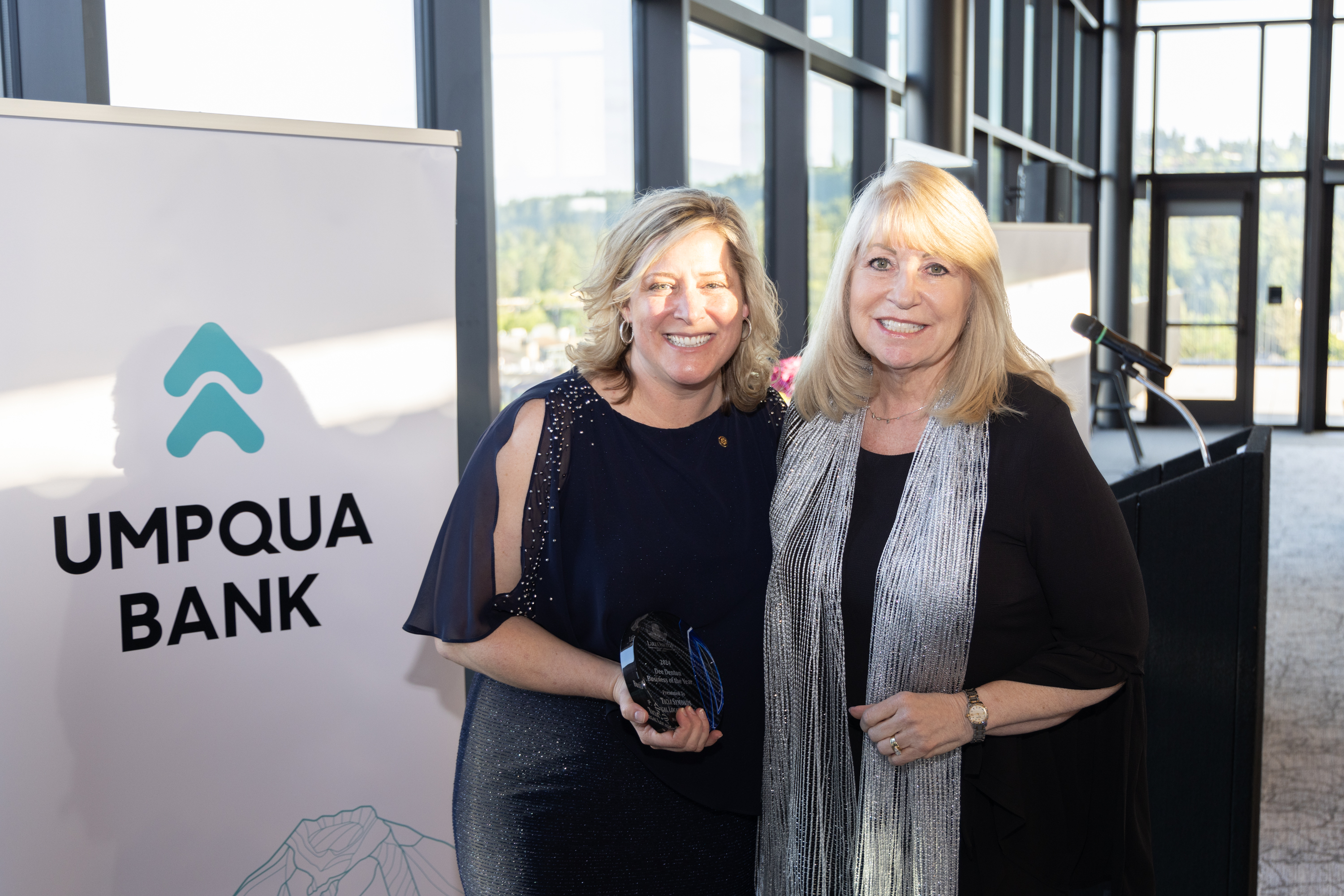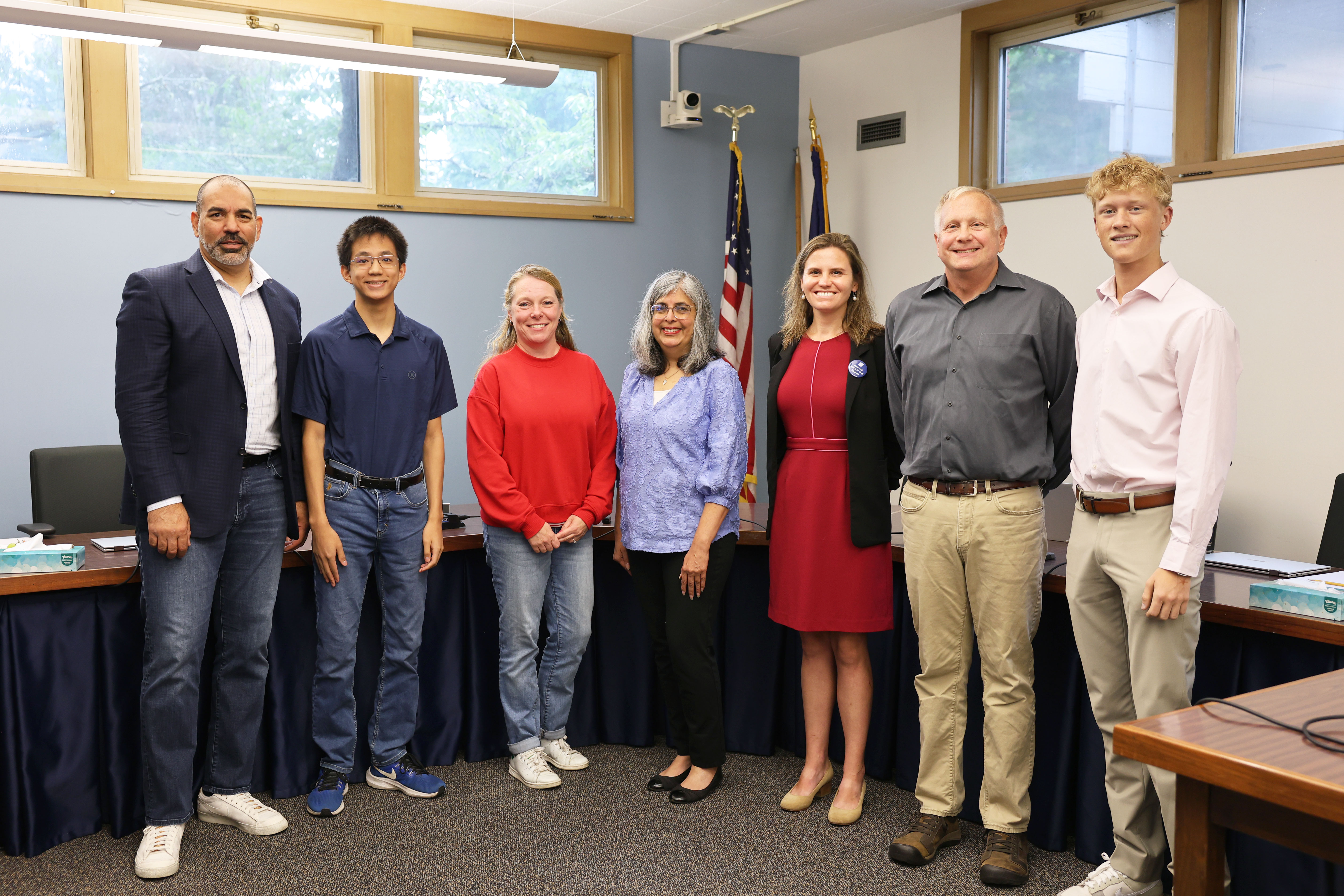Would Lake Oswego consider adding food carts?
Published 5:00 am Thursday, July 3, 2025

- Willamette Garage has been a popular addition to West Linn since it opened two years ago. (Staff file photo: Mac Larsen)
Food carts, a calling card of Portland and an increasingly popular amenity in metro area suburbs, are mostly absent in Lake Oswego.
While many comparable cities like West Linn and Oregon City have permanent food cart pods for residents to enjoy, the city of Lake Oswego code does not allow pods or individual carts (except for use during special events and pushcart vendors in specific zones).
However, though a specific proposal is not yet on the table, the city’s attitude toward food carts may be shifting.
Trending
Mayor Joe Buck told the Review that he sees support within the City Council for considering updates to code to usher in food cart pods, while a number of councilors also expressed support for looking into the idea — although they said community input would shape the vision and parameters would need to be put in place to make sure they operate effectively.
A change in tenor?
The current council’s positive refrain toward food carts may be a departure from previous councils. In 2016, the council rejected a proposal that was described as “an upscale” food cart pod with parking, seating and restrooms in what was referred to as the Southwest Employment Area (near Boones Ferry Road and I-5). Residents who spoke out against the idea were concerned about congestion and there were also worries about parking. The council rejected the pod concept and asked staff to look into allowing individual carts, but that idea did not materialize.
“The sense I get is that folks do not necessarily want trucks parked along streets or overnight in random lots (daytime use is currently allowed) but like the idea of a well put together pod with appropriate amenities like we see in other communities,” Buck said via text message.
Buck was on the council at the time and supported the pod concept. Now, he said a food cart pod could work but needs to have appropriate parameters. Specifically he felt that too many carts in one location could create more supply than demand, but added that carts provide a lower barrier to entry for budding entrepreneurs. A 2008 study by Urban Vitality Group on food carts in Portland also found that carts have a positive effect on vitality in both high- and low-density areas.
The city of Lake Oswego isn’t necessarily lacking in its food scene or community attractions — downtown developments like Lake View Village and The Windward remain ever popular. However, the city has seen well-known restaurants like Lardo, Blue Star and Tasty leave in recent years and the City Council has made promoting tourism a goal. Buck also saw food cart pods as a potential way to keep the community unique.
Trending
“As we’ve seen recently, national developers focused on risk and return are reticent to lease to local businesses, even known operators, and rely on regional and national chains for tenants they view as more secure,” he said. “But this results in a tenant mix that starts to mirror that of every other community. Lake Oswego has always been unique for all its many long lasting independent businesses but that is becoming a harder vision to keep alive so it’s important we stay creative to continue supporting local operators and their concepts.”
Looking south?
When asked about food carts in Lake Oswego, Councilors John Wendland and Massene Mboup pointed to the city’s southern neighbor.
West Linn updated its code standards two years ago to allow for the opening of Willamette Garage, which was formerly the site of an auto shop and has eight food carts with cuisine ranging from Hawaian to Thai, sushi, chicken wings and Indian.
West Linn leaders have pointed out that food carts in the Historic Willamette area have allowed for a more diverse array of food options in the community and added more visibility and attraction to the community.
“Food carts have been awesome in West Linn,” West Linn Mayor Rory Bialostosky said. “The Willamette Garage has enhanced our downtown area and shows how a property can be revitalized for community benefit. We also have a taco truck that serves (Willamette Ale &) Cider House customers that is great.”
Willamette Garage was the result of a vision from two developers and required the help of the city of West Linn, which adopted code standards related to its opening. Bialostosky added that food carts should be added in areas with enough parking.
For his part, Wendland said that along with support from the city, the private sector would need to step up for the idea of permanent food carts in Lake Oswego to come to fruition. He expressed some optimism in that regard.
“The City can provide supportive codes for such a food cart project but we would need a private developer/entrepreneur to build and operate such a facility. We certainly have the demand for it based on feedback I have been hearing. We just need an entrepreneur willing to invest and drive the project’s success,” he said via text message.
The Lake Oswego councilors emphasized that location would be paramount and Councilor Ali Afghan said finding the right one may be challenging in Lake Oswego. However, he supported the idea as long as it would not have a negative impact on things like parking and neighborhood safety.
The council discussed adopting new food cart standards as a possible goal for 2025 during a retreat in January but opted against it due to other priorities. That may change in the coming years.
“I see definite support for considering updates for a cart pod use in the coming years, and specifics will be shaped by community input,” Buck said.







